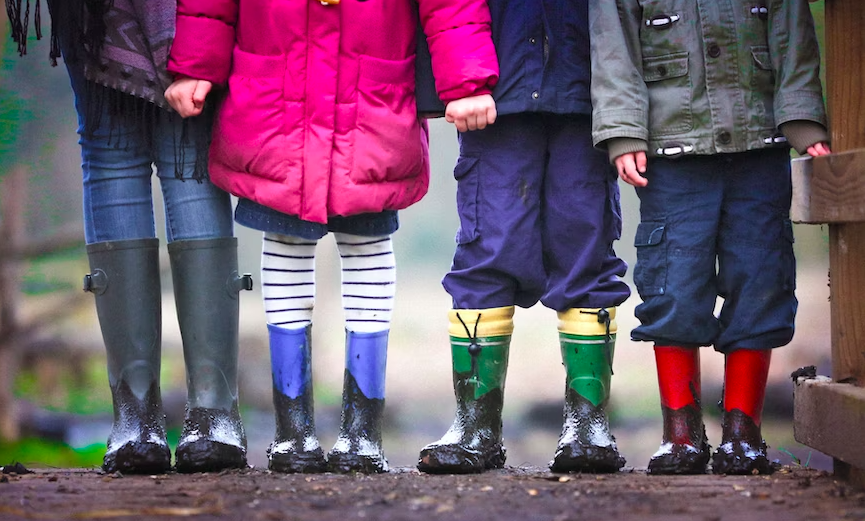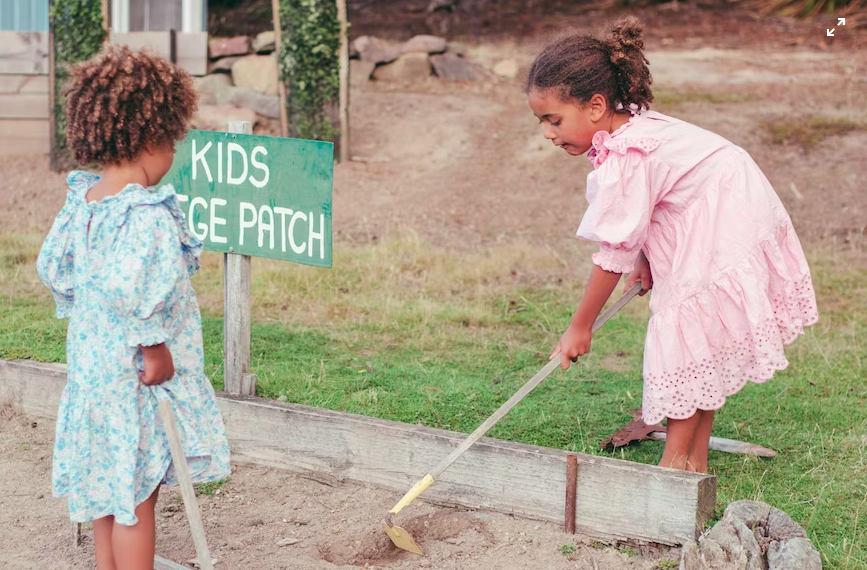Teaching social skills to young children is one of the most difficult and frustrating but rewarding aspects of being a parent. It is never too early to begin teaching children social skills, and on the flip side, it is also never too late to improve on their abilities. Basic social skills for kids can be taught as early as they get into elementary school, and you can then work on these skills gradually.
Simple acts like saying please and thank you and maintaining eye contact can all significantly improve social skills for kindergarteners and above. Social skills for kids help them appear more confident and build stronger and more fulfilling relationships with others.
Math & ELA | PreK To Grade 5
Kids see fun.
You see real learning outcomes.
Watch your kids fall in love with math & reading through our scientifically designed curriculum.
Parents, try for free Teachers, use for free
“Prepare your child for the path, not the path for your child.”
Tim Elmore
However, preschoolers and nursery-age children are known to be egocentric by nature, and many kids find it challenging to share, empathize, collaborate, or cooperate even when playing or interacting with others. Let’s understand why these skills are important, and how we can teach them effectively with teaching strategies.
8 Important Social Skills For Kids
Keeping in mind children’s social skills as they are growing up, here is a list of social skills to teach to your kids now:
1. Sharing
The act of sharing is commonplace, but little children often find it challenging to understand the notion of sharing. Children in the toddler, preschool, and nursery years struggle the most because they are more preoccupied with their own needs. Sharing is a crucial social-emotional learning activity for a child as it enables them to uphold and grow friendships. It’s a wonderful opportunity to connect with others and express gratitude.
2. Listening
Even adults face difficulty with the crucial skill of active listening. Focus is essential for correctly understanding and assimilation of information. Although it can be difficult for young children, active listening can improve their receptive language abilities (the ability to comprehend spoken language). Paying attention to what someone is saying and responding to their assertions or questions is a key aspect of healthy communication.
3. Following Instructions
After your child starts school, kindergarten social skills are very crucial for them to follow instructions. Following instructions from figures they may not be familiar with is quite different from doing so at home with their parents, where kids feel naturally at ease. Give them one direction at a time to aid in the development of their capacity to follow instructions.
4. Collaborating And Working Together
Teamwork activities in kids allow them the opportunity to voice their ideas and listen to those of others if they have strong teamwork and cooperation abilities. It enables children to understand that participating in a group endeavor can be enjoyable! Teach your kids good manners that will help them to respect others’ opinions, regardless of how different they are.
5. Patience
Everyone dislikes waiting, but no one dislikes waiting more than active preschoolers who haven’t yet learned the value of patience. However, it’s crucial to teach patience to your kids. Your youngster will become more patient as their language abilities advance and they obtain more practice, perhaps waiting their turn at a playpark, waiting in a restaurant for food or in a theater waiting for a show or pantomime to begin.
6. Empathy
Empathy is the ability to comprehend and empathize with other people’s sentiments. The happiness and painful moments of people around them will not be significant earlier but will become more and more apparent to your child as they get older. The easiest way to support your child’s development of empathy is by your own actions. Your youngster will learn how to show grace to others if you do it frequently.
7. Adhering to Boundaries
Learning that boundaries are required by others as well as the child themselves is a notion that can be extremely challenging, especially for young kids who get much of their socializing from within home. Your youngster may assume everyone is fine with hugs, questions, or a lot of small talk if they are an extroverted person.
8. Positivity
Focusing on positivity after facing challenges to overcome them can make learning many of the other positive social skills for kids we’ve highlighted, notably patience, boundaries, listening, and sharing, significantly simpler for your child. Your child will find it simpler to make and maintain friends, do well in school, and accomplish their goals if they have an optimistic outlook. The more confident and upbeat you are about your child’s social skill development (along with their inevitable mistakes), the more at ease and confident they will feel.
Teaching Social Skills To Kids
Talk to your kids throughout the day and tell them what you are doing to help them improve their language skills. Show your child how to be polite by saying please and thank you. This will make them more likely to act the same way with their friends.
- Try to show them what it looks like to listen well by the way you act.
- Teach them about personal space and boundaries, you could ask for a hug or say, “I know you don’t like hugs, so how about a high five?”
- You can also talk to them about friendships and what it means to be a good friend. If you can, try to set up and help people get together.
- Find learning opportunities in play, and teach your child how to act when they win, lose, or don’t get their way.
Benefits of Social Skills for Kids

One of the most important things for young kids to learn is how to interact with other people and get along with them. Most of the time, the focus is on academia or physical abilities and motor skills. However, how we get along with others, whether they are family, friends, coworkers, peers, or anyone else, will affect almost every part of our lives.
Social skills help kids make friends, have talks, learn how to use their bodies, work together, share, and even play together. Having good social skills also leads to better brain capacity, cognitive skills, and good mental health in general.
Related Reading: Best Concentration Games for Kids to Develop Super Focus & Attention Skills
How To Tell if Your Child Has Problems With Social Skills?
If a kid struggles with social skills, they might:
- Make only brief eye contact, doesn’t make eye contact often, or just stares at you.
- Not be able to talk to their friends or family in turns.
- Have trouble using the right body language (e.g., stands too close or too far from someone else).
- Not use good manners in conversation (e.g. saying: please, thank-you, hello and good-bye).
- Not know how to start or end a conversation properly.
What Problems Can Occur When a Child Face Social Skill Difficulties?
When children have social skills difficulties, they may have trouble…
- Making new friends.
- Keeping friendships.
- Speaking to people they don’t know well in situations like asking for help in a shop, asking for directions when they’re lost, or settling an argument with someone they don’t know well.
- Learning how to read and understand social events.
- Dealing with failure.
Conclusion
Social skills will become more natural to your child as they benefit from them more frequently. All kids, nevertheless, pick things up at different rates, so don’t get disheartened if they are not quick to pick it up. We know they’ll succeed with practice (and persistence!).
























